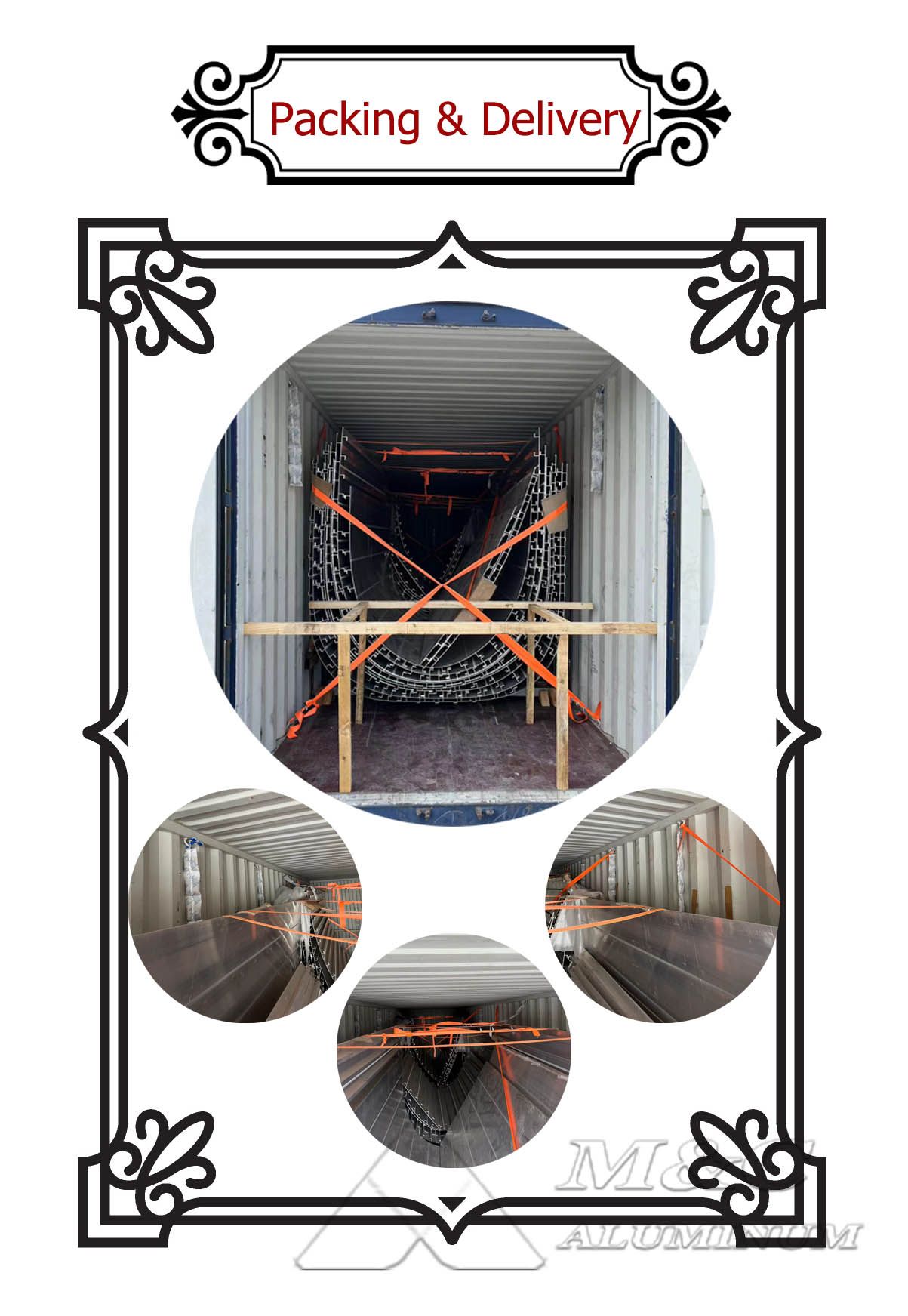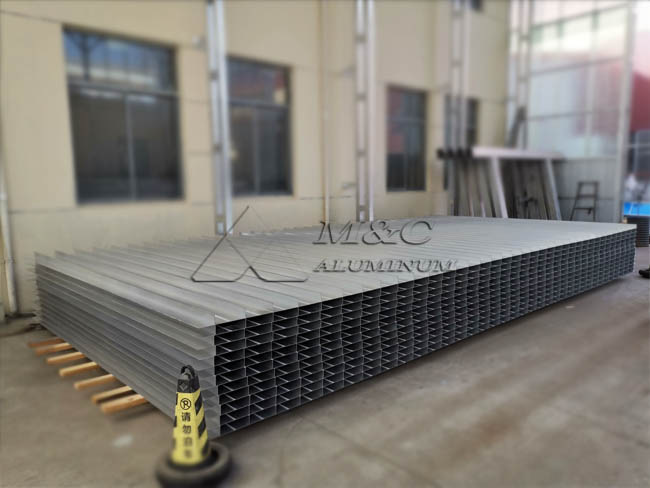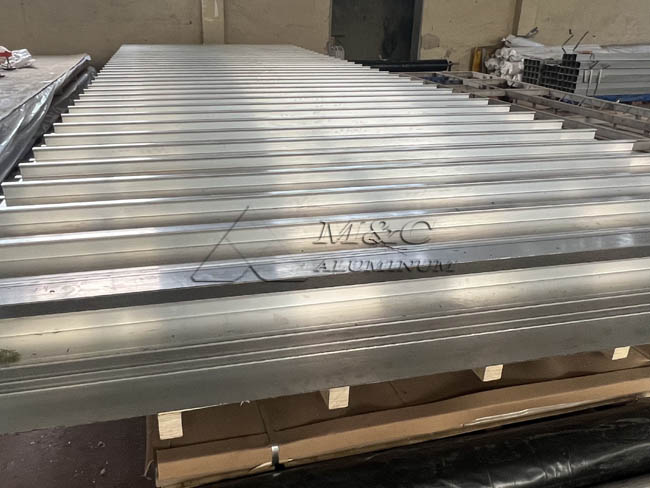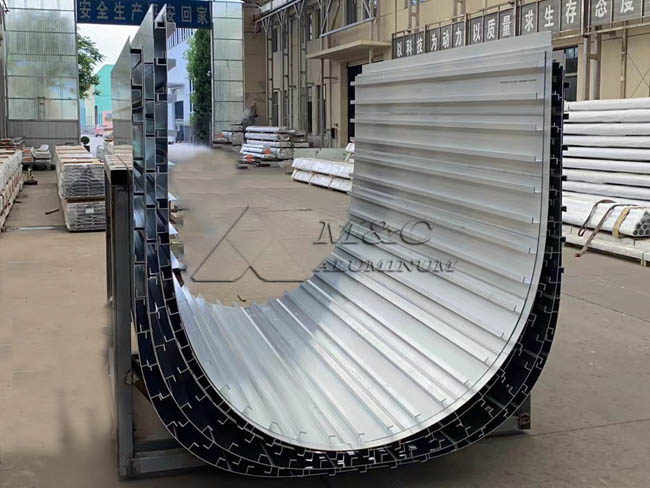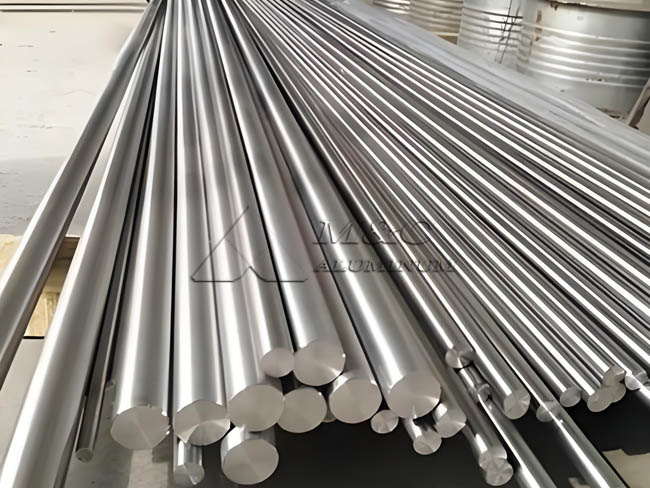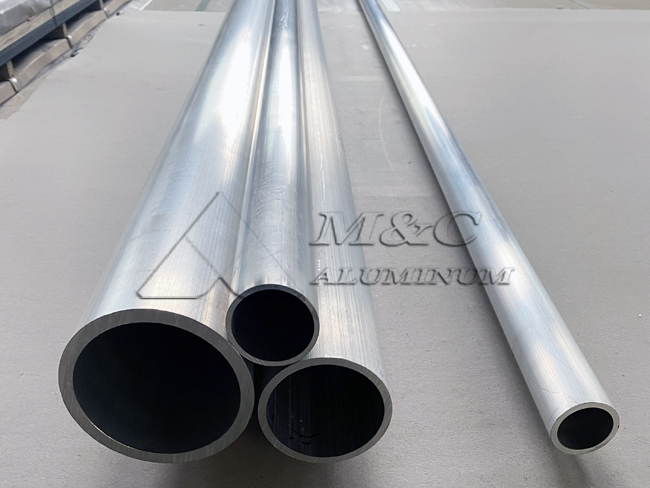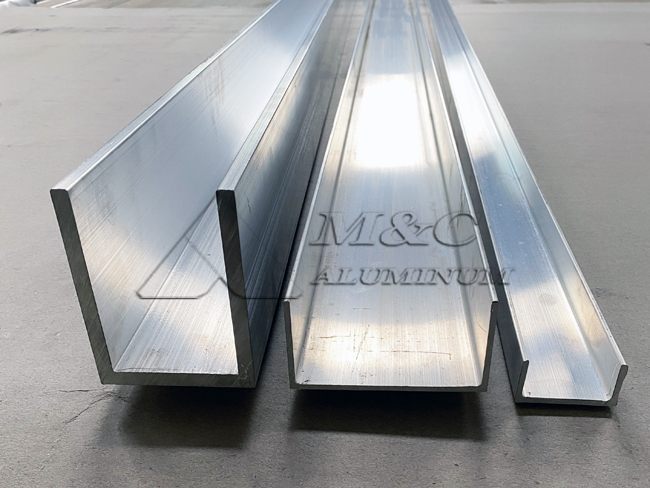Introduction to Wide Aluminum Alloy Stiffened Panels for Ships
Wide aluminum alloy stiffened panels are manufactured using a high-power extrusion press through an extrusion process, forming stiffened panels with one or two specific stiffeners in their cross-sectional profile. Multiple stiffened panels are then joined together using friction stir welding (FSW) to achieve the required length and width as designed.
This wide stiffened panel structure replaces the conventional method of welding stiffeners to aluminum alloy plates using fusion welding techniques such as gas tungsten arc welding (GTAW/TIG). By adopting wide aluminum alloy stiffened panels, ship designs meet the relevant standards of the China Classification Society (CCS) while significantly reducing the consumption of aluminum welding wire and welding workload, thus shortening shipbuilding cycles. More importantly, this approach avoids welding deformation caused by fusion welding, enhancing the aesthetic appearance of the ship and improving construction quality. These panels have been widely applied in the design and construction of aluminum alloy ships.
Alloy No.
Common Aluminum Alloy Materials
In shipbuilding, 5xxx series (Al-Mg) and 6xxx series (Al-Mg-Si) aluminum alloys are commonly used due to their lightweight, high strength, corrosion resistance, and excellent weldability. They are particularly suitable for structures such as hulls, decks, bulkheads, and roofing.
Friction Stir Welding (FSW) is well-suited for these aluminum alloys, especially for large panel joints, ensuring high weld quality and durability.
1.5xxx Series Marine Aluminum Alloys
Common alloys: 5052, 5083, 5383, 5454, 5456
These alloys are highly corrosion-resistant and widely used in shipbuilding, including applications in decks, hulls, keels, structural components, and outer plating.
Advantages:
(1)Excellent seawater corrosion resistance, making them ideal for long-term marine environments.
(2)High strength, especially 5083 and 5383, which are suitable for high-load structures.
(3)Good weldability, making them compatible with friction stir welding (FSW) and other advanced welding techniques.
2.6xxx Series Marine Aluminum Alloys
Common alloys: 6061, 6082, 6005A
These alloys have high strength and excellent weather resistance, making them suitable for ship supports, stiffeners, bulkheads, roofing structures, and decks.
Advantages:
(1)Higher strength than 5xxx series alloys, making them ideal for load-bearing structures (e.g., support beams, keels, and reinforced decks).
(2)Good corrosion resistance, though slightly inferior to 5xxx series in marine environments, requiring surface protection in saltwater conditions.
(3)Suitable for structural components, widely used in stiffeners, ship frames, and bulkheads.
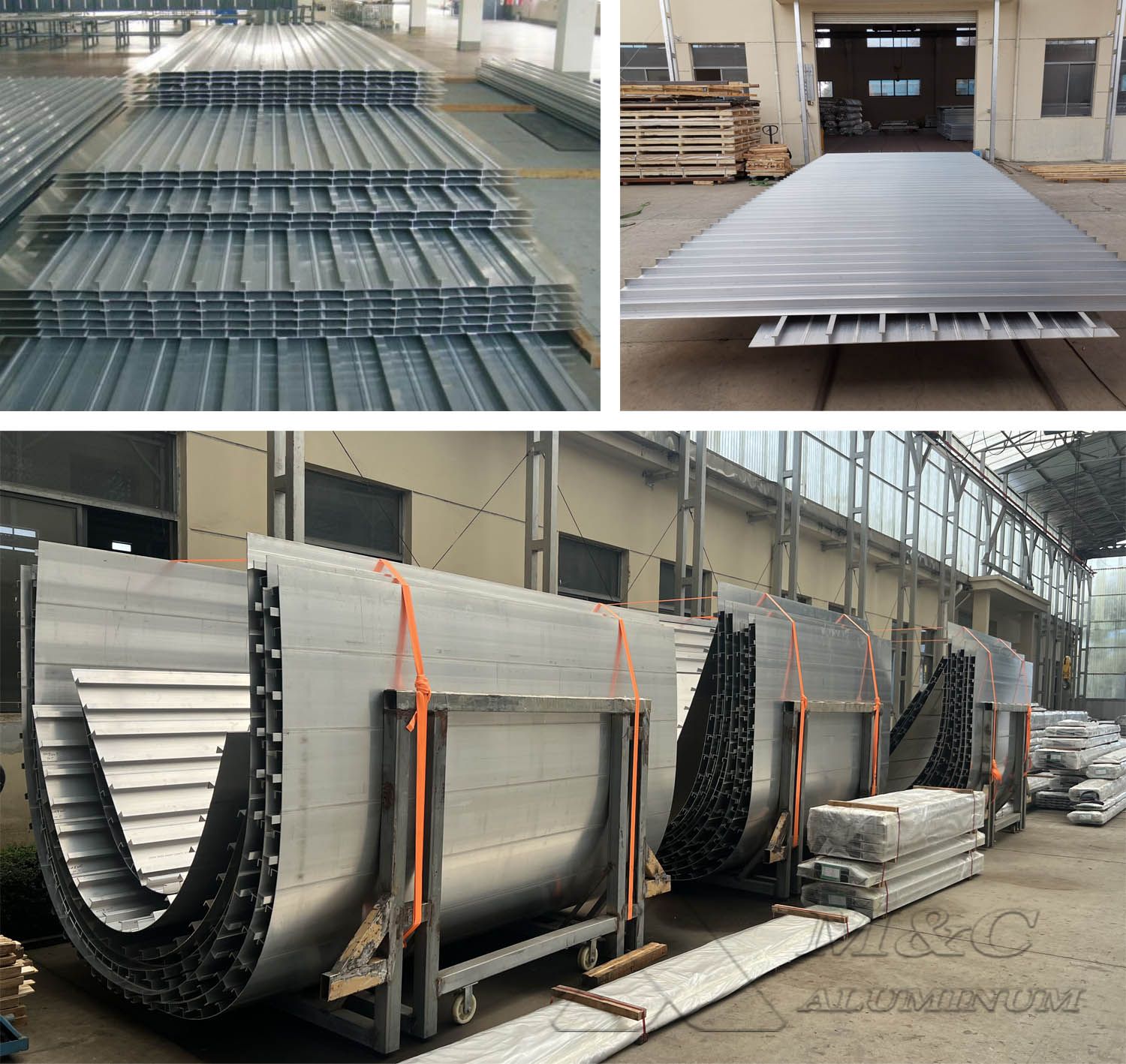
Features
Advantages of Friction Stir Welding (FSW)
(1) Low Heat Input, Reduced Deformation
Traditional fusion welding (e.g., MIG, TIG) often causes thermal deformation in aluminum alloys. In contrast, FSW is a solid-state welding process, resulting in a smaller heat-affected zone (HAZ), effectively minimizing welding stress and deformation.
FSW is ideal for large-sized and wide aluminum alloy panels, ensuring high structural accuracy.
(2) High Strength and Corrosion Resistance
FSW weld strength reaches 80%-90% of the base metal, sometimes exceeding the base metal itself.
No porosity, cracks, or inclusions, eliminating typical fusion welding defects.
Perfectly suited for long-term marine environments.
(3) Suitable for Wide Aluminum Alloy Panels
Current FSW technology can weld aluminum alloy thicknesses from 3mm to 50mm.
Ideal for welding wide marine aluminum plates (≥2.5m), reducing joint numbers and improving overall structural strength.
(4) High Automation, Consistent Welding Quality
CNC-based FSW equipment or robotic welding systems ensure uniform weld seams and stable quality.
Highly suitable for mass production and shipbuilding applications.
Application
Application of Wide Aluminum Alloy Welding in Ships
1.Stiffened Deck Welding
FSW (Friction Stir Welding) technology is used for stiffened deck welding, enabling large-area, high-quality seamless connections. Due to its low heat input, welding deformation is effectively controlled, ensuring structural strength and stability of the ship's body.
2.Bulkhead Welding
For bulkheads and curved ship structures, FSW technology provides high precision welding, accommodating complex shapes with ease. Additionally, FSW produces smooth weld surfaces, eliminating the need for post-weld grinding, thereby improving production efficiency.
3.Roof Welding
FSW technology also performs exceptionally well in roof welding. By optimizing the stirring tool design and welding parameters, it enables continuous long seam welding, enhancing both efficiency and weld quality.
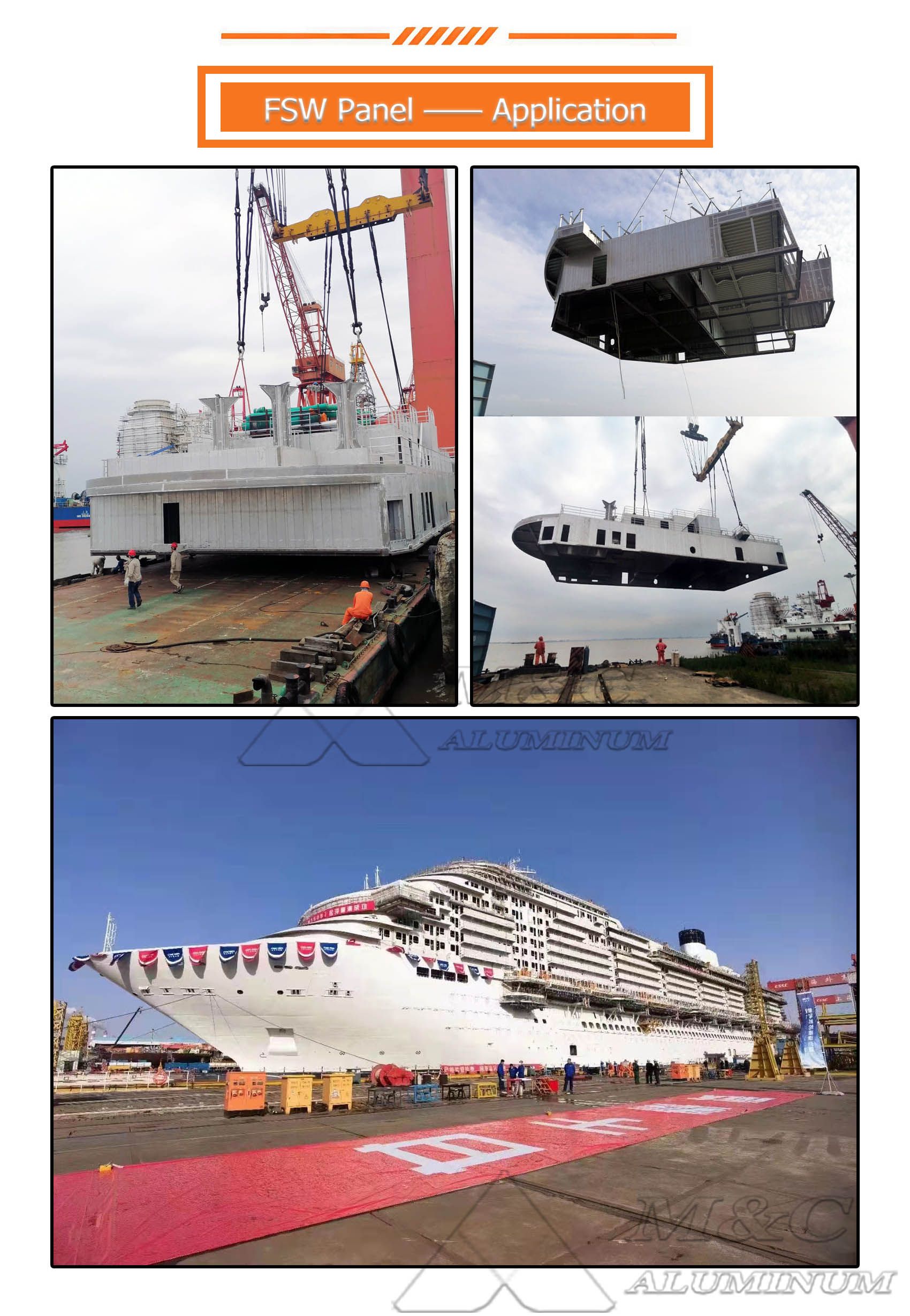
Package
